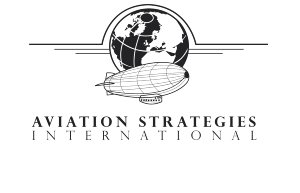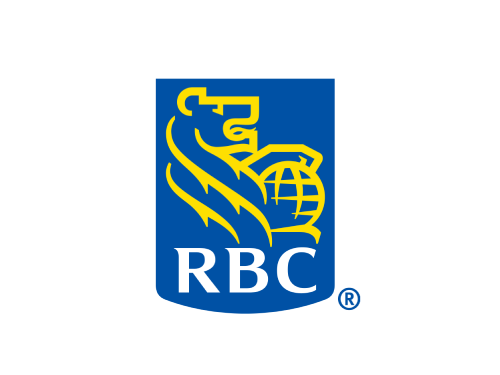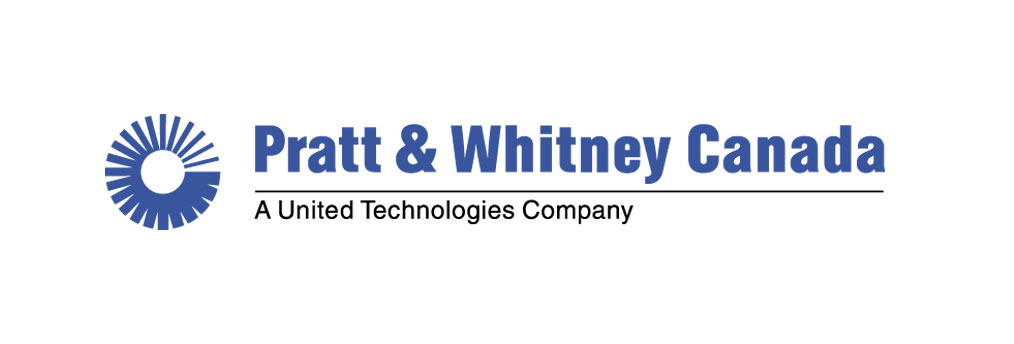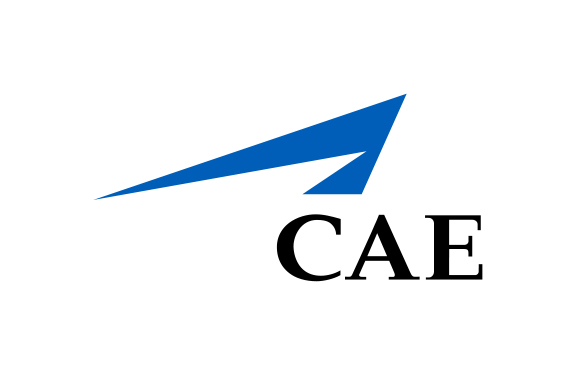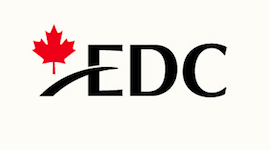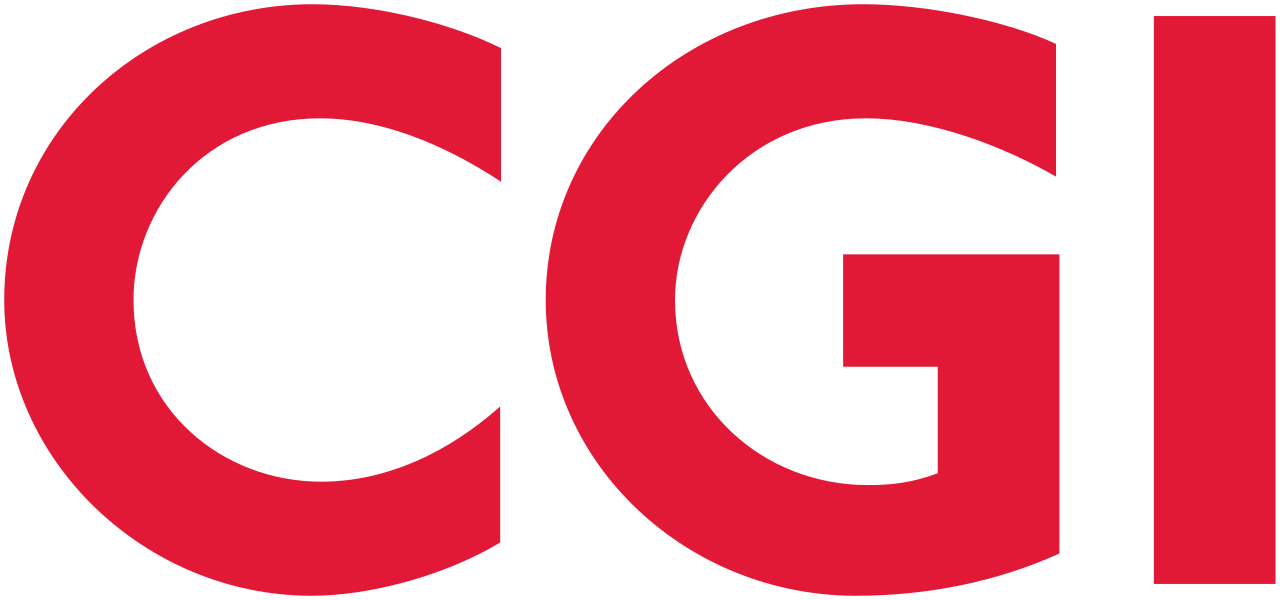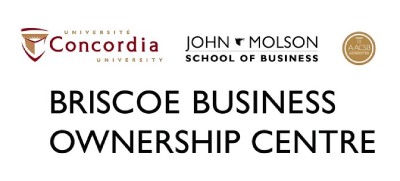Thirty teams compete in MBA Case Competition
U of Calgary wins; Con U ties for fourth
Despite arctic temperatures, a flu bug and a revised result, the student organizers of the 13th annual Master’s of Business Administration International Case Competition consider their mammoth five-day event a success.
[img_assist|nid=787|title=|desc=Case Competition organizers (seated) John Iwanic, Beth McNutt, and (standing) Darren Read.|link=none|align=right|width=200|height=309]Concordia’s competition, which started with four business schools in 1981, has grown to include 30 participating teams. This year there were 18 teams from Canadian universities, nine from the United States, and three from abroad ‚Äî Gothenburg University in Sweden, Helsinki School of Business and Economics in Finland, and the University of Otago in New Zealand, who won last year and the year before.
The idea of the competition is to test business strategy under pressure, and to do some creative networking with like-minded business students at the same time. Concordia’s version was the brainchild of two MBA students, Annette Wilde and Nora Kelly, back in 1981.
Now one of the biggest of its kind, the event is actually a credit course for the organizers. They must not only recruit participants and play host to them, they must find the best possible judges from the business community, and credible cases for analysis. The teams compete in a round-robin of five stages, each with its own complex business problem taken from the contemporary business scene.
When the dust cleared on Saturday evening, the winner was the team from the University of Calgary, whose members shared a $4,000 scholarship from the Bank of Montreal. Second prize, a $3,000 scholarship from Noranda Minerals, went to the team from the University of Manitoba. The University of Toronto came third, and took home $2,000 donated by Pratt and Whitney.
[img_assist|nid=788|title=|desc=The winners, from the University of Calgary: Standing, Douglas James, Mark Levac and Leslie Manning (alternate), and, seated. Bob Dixon, coach Bob Schulz, and Peter Crosman.|link=none|align=left|width=310|height=267][img_assist|nid=789|title=|desc=The 1994 Concordia team, who tied for fourth place in a field of 30: From left, seated, Dominique Balas, Andreas Hoppe, Mike Hennegan and Doreen Peters. Standing, Jill Collins (alternate) and coach Professor Jan Meyers.|link=none|align=right|width=310|height=267]
Concordia’s own team shared fourth place with the teams from the University of Manitoba and George Washington University. The cold weather wasn’t an obstruction to the busy contestants, who were holed up at the Sheraton Centre but a Finnish participant and a Concordia team member were sidelined by the flu.
Most serious was an unforeseen tie on Friday night which led to hours of discussion and analysis of the rules, and, in the end, to the reversal of a decision about who would go on to the next round. The team from the University of Western Ontario was naturally disappointed; the University of Calgary went on to take first prize.
[img_assist|nid=790|title=|desc=Four volunteer judges listen to the final presentation. They are Robert de Fougerolles (Ropex Industries), Mackie Vadacchino (Cinar Films), Mike Reilly (Ernst and Young) and David Goldman (Noranda Minerals). The fifth judge, Jim Cherry (Oerlikon Aerospace) is on the right, off camera.|link=none|align=none|width=640|height=331]
The cases all tested participants’ business skills, but organizer John Iwanic said that one in particular stood out. “It was called Fresh Kills Landfill, and it was an unusual, because it involved policy and ethics,” Iwanic said. “That made it more difficult than a purely strategic case, where the bottom line was financial. It was a real challenge.”





